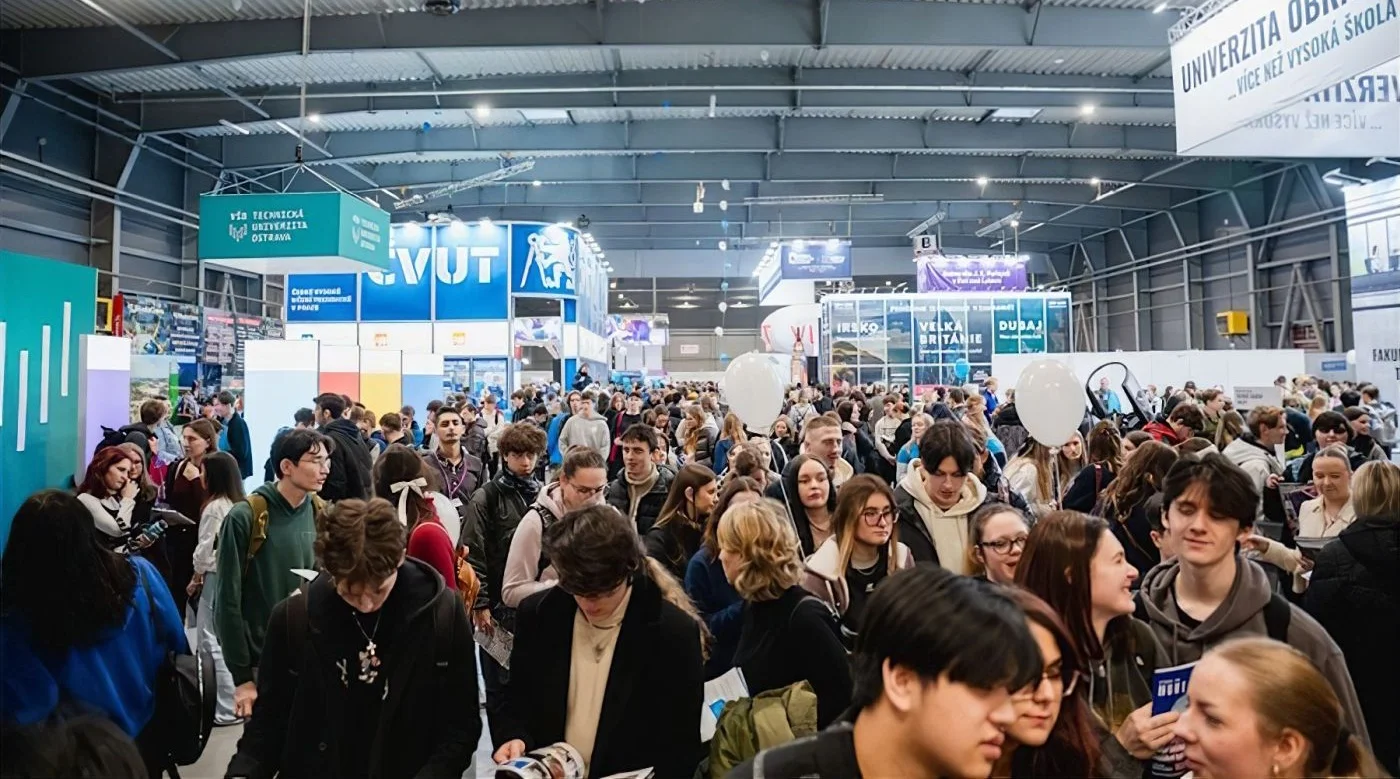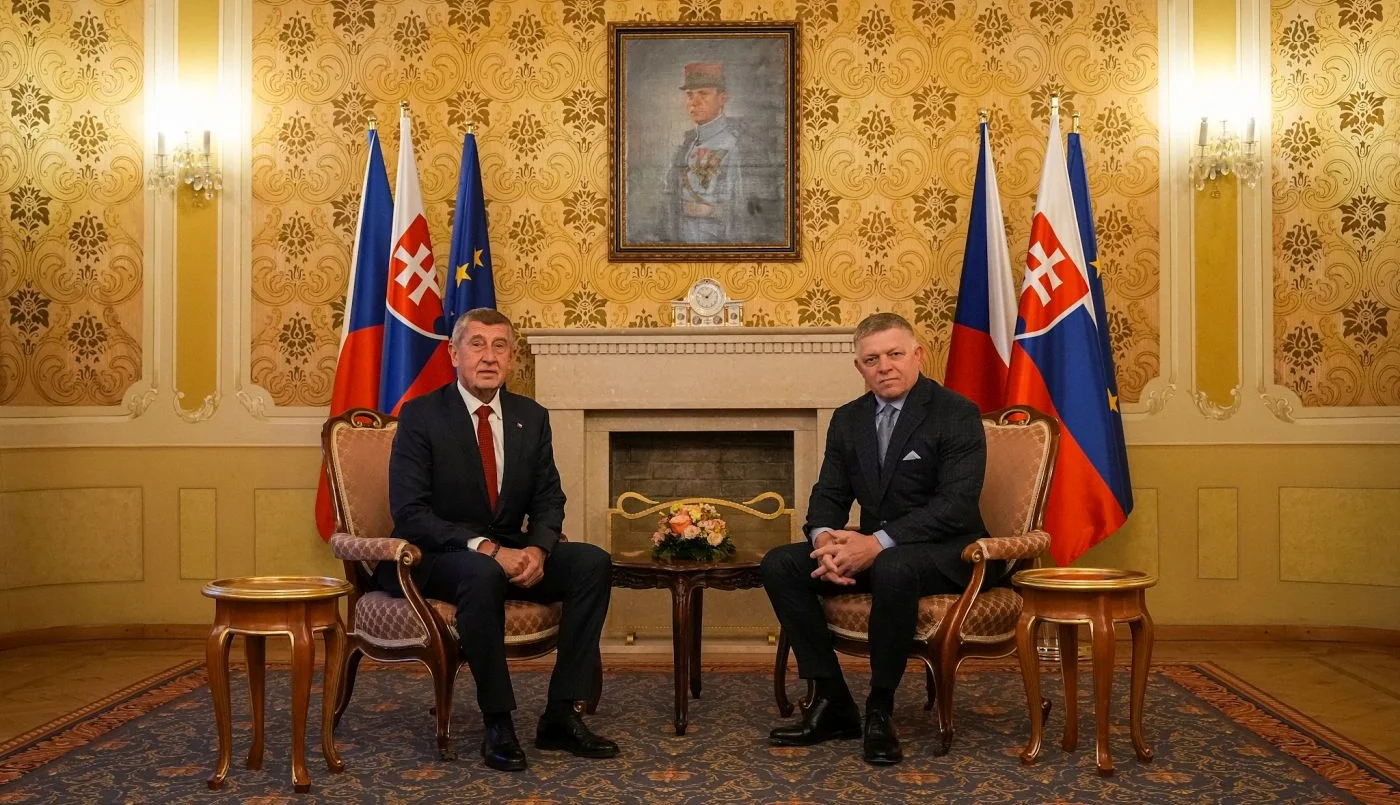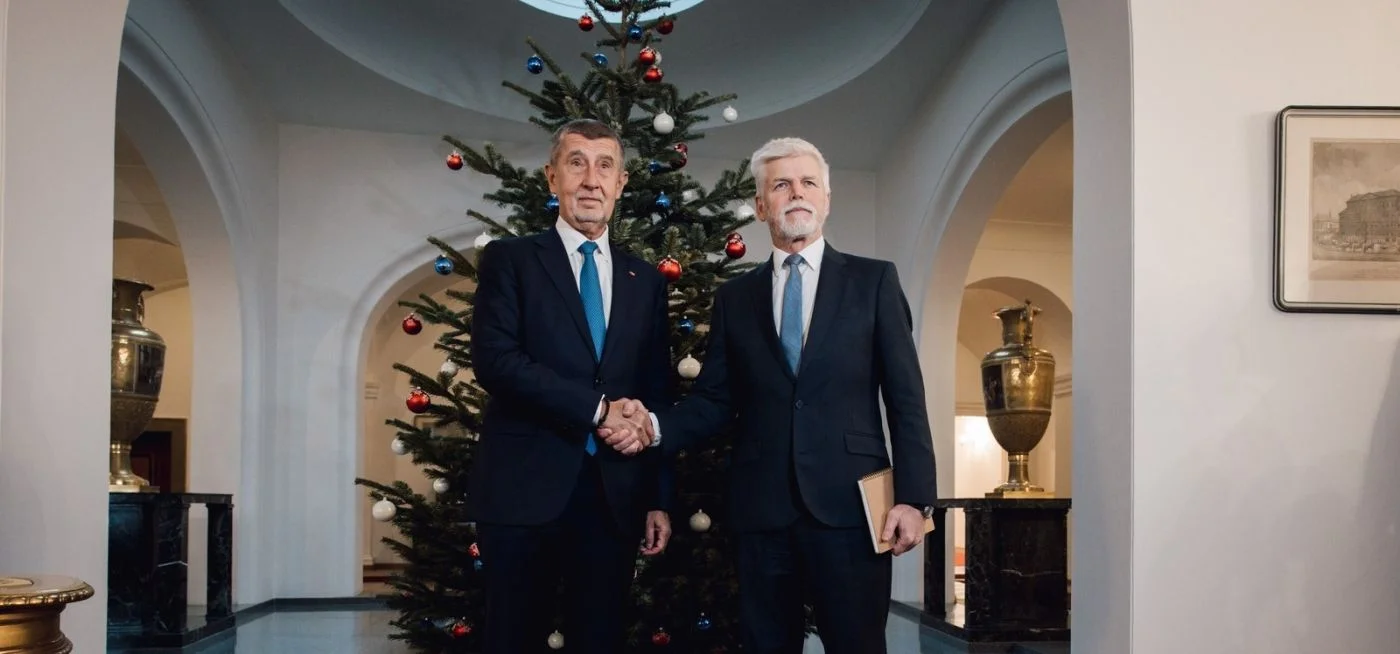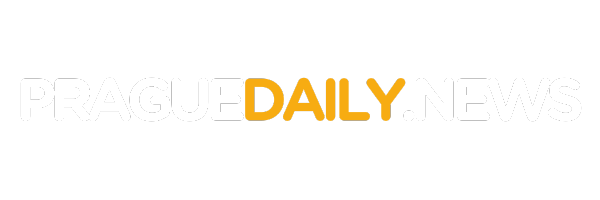
Rising Interest in Erasmus+ and the European Solidarity Corps in the Czech Republic
Although the Czech Republic has been allocated the largest budget to date, it is not enough to meet the ever-growing demand for the programmes
The Czech National Agency for International Education and Research (DZS) has completed the first round of applications for grants in the Erasmus+ and European Solidarity Corps programmes. Although the Czech Republic has been allocated the largest budget to date, it is still insufficient to meet the constantly growing demand.
This year, the Czech Republic has been allocated €103.65 million under the Erasmus+ programme, of which €92.4 million is for stays abroad (1,415 applications) and €10.9 million for international partnerships (359 applications).
Interest in stays abroad remains particularly high in the higher education sector. All public universities and many private institutions take part in the Erasmus+ programme. This is also reflected in the number of students who go abroad. Following the pandemic-related decline in 2021, this number has risen continuously, reaching around 9,500 students last year.
DZS (Dům zahraniční spolupráce) is also observing increasing demand in the school and vocational education sectors, which exceeds supply by more than 90%.
The Erasmus+ Programme Not Only Supports Students but Also Teachers
The Erasmus+ programme not only supports visits abroad by pupils and students for study purposes or internships, but also teachers. Adult education institutions are also seeing a strong increase in interest in international placements. Participation in this area has increased by 22% compared to the previous year. Employees from libraries, galleries, museums, social enterprises, and non-governmental organisations are particularly likely to take part in internships or training courses.
The programme can provide financial support to people and organisations in the field of non-formal youth education. Young people aged between 13 and 30 can apply for funding for stays abroad, as can professionals in youth work. There is also the DiscoverEU programme, ‘Travelling for Inclusion’, which allows young people with limited opportunities to travel across Europe.
There is also growing interest in the European Solidarity Corps programme, which offers support for solidarity projects and volunteering activities. It enables young people to get involved in solving social problems at the national level and improve their neighbourhoods through solidarity projects. These can range from promoting inclusion to renovating a local church.
Future of the Programmes
DZS is now in the application evaluation phase to ensure a fair and compliant selection of projects. At the same time, discussions are beginning at European level about the budget for the next seven-year framework (2028-2035). The current framework (2021-2027) comprises more than €26 billion for all Erasmus+ countries. Future funding will depend on the European Commission’s strategic priorities. The growing interest in international education highlights the need for adequate funding. The public, organisations, and individuals can participate in the discussion on EU budget priorities. More information is available on the European Commission’s website.
Dům zahraniční spolupráce (DZS)
(Czech National Agency for International Education and Research)
Website | Facebook | Instagram
More from Politics & Education

Gaudeamus Prague 2026: European Fair for Higher Education and Lifelong Learning

Prime Minister Babiš in Bratislava: Czech Republic and Slovakia plan first joint government meeting in years

